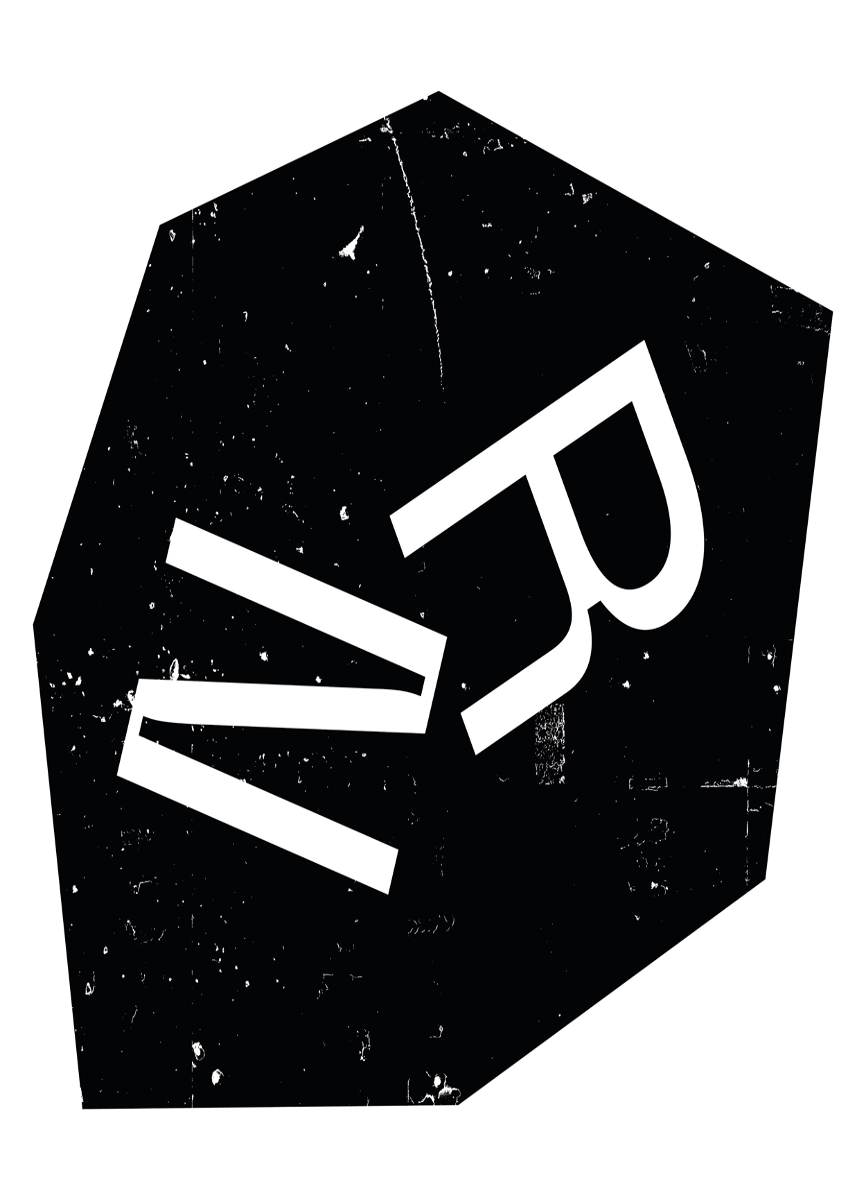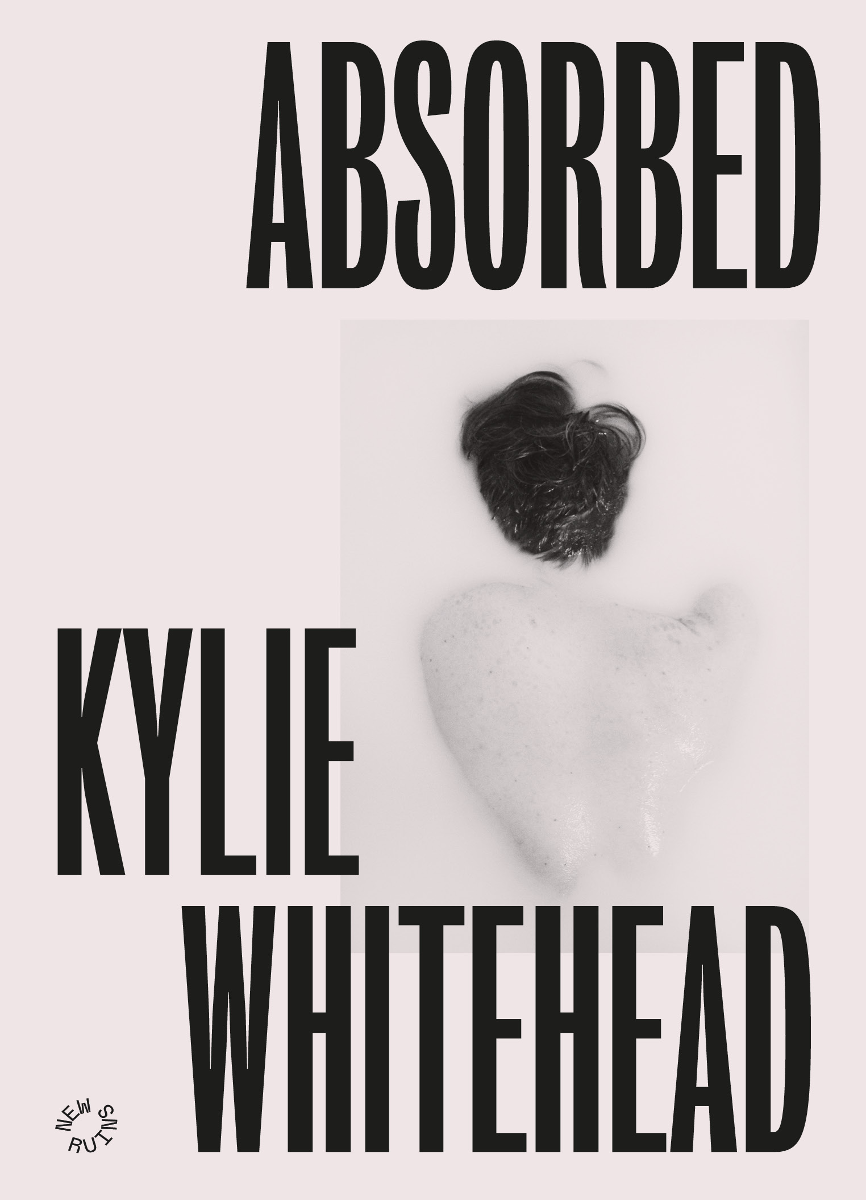Publishing News of the Week (03/08/2020)
- The Publishing Post

- Aug 15, 2020
- 7 min read
Exclusive! A Chat with Gary Budden About Dead Ink and Influx’s Joint Venture, New Ruins Books

Their tweets have entertained us as much as their books have. Their sparring, bantering “beef”, has given our Twitter timelines life! But in a new turn towards peace, “a scrappy little press” from Liverpool and independent publisher from London Town have #squashedthebeef in a joint venture. The imprint – New Ruins Books – was announced 6 July and will “focus on the porous edgelands between genres.”
The idea came from an informal chat mulling over how cool it would be if a publisher focused on work that comes from the genre fiction world, but one that has a literary quality to it – one that is still non-realist fiction and also falls into the realm of the fantastic, but it’s not sci-fi. This came from an interview with Gary Budden, co-founder of Influx Press. He explained the concept of New Ruins Books as being one that crosses the boundaries of literary and genre fiction and creates a new space for both Nathan (Connelly of Dead Ink) and himself to publish more of the books they were keen to get out there.
Budden and I agreed that something like this had never been done before, this was something brand new; it was shaking things up (without “over egging it!”). As Dead Ink and Influx still exist as separate entities, they can publish books that go outside the realm of the usual and the norms from the big presses. With half the risk, plus the support and the backing of their pre-existing publishing infrastructures, New Ruins Books has the potential to shake things up with exciting books that fit into a genre entirely unto its own. Commenting that both genre fiction and literary fiction can frequently be quite insular, Budden said that they “were looking to take the best bits of both of them and make them accessible.”
Asking the dreaded Business vs Books question showed that, for Budden, the love of the books definitely came first. This, and an even split of profits, work and risk, perfectly encompasses the essence of indie publishing. The support there is phenomenal and competitive rivalry jesting: this is a continuation of what Dead Ink and Influx have been doing beforehand.
After gushing over how hilarious I found #squashthebeef, Budden explained this publicity decision was something that came about organically from their sense of humour and how they enjoy having a joke with each other online. When they are very serious about the work that they do, they didn’t want to become over serious and felt people would enjoy this more. The publicity announcement for New Ruins and the social media campaign that followed was very on-brand for the presses and got everyone talking, resulting in over 1,000 Twitter followers in one day.
The name of the press stems from a specific aim to be in the grey area between literary and genre. The “New” comes from the desire to make it modern, and the literature being contemporary; “Ruins” came from the idea of being old, forgotten things that fall into gothic. After almost 200 options, this is the one that worked for the image they were trying to evoke. The uncanny, and the weird, in our modern times.

They aim to publish three books a year from now, announcing that their first book is set for publication in 2021. Kylie Whitehead’s Absorbed is the press’ debut novel: a darkly comic debut novel of female insecurity, body horror and modern relationships, in the tradition of Naomi Booth and Otessa Moshfegh. The cover, designed by Luke Bird, is exactly the image that the New Ruins Books wanted to evoke.
New Initiative From Hachette UK Hopes to Make Careers in Publishing More Accessible
Hachette UK has teamed up with the Stephen Lawrence Charitable Trust to create the "Guide to Publishing toolkit", a new online free resource hoping to make publishing careers more accessible to those from disadvantaged backgrounds.
Available online now, the free resource aims to demystify the world of publishing by explaining what exactly publishing is, providing information on the many different roles within publishing, as well as offering guidance on how to get into the industry.
The guide includes a handy flowchart chartering a manuscript’s journey from author to consumer and sections are devoted to different departments including those that get less visibility (i.e. departments beyond editorial, publicity and marketing).
The Stephen Lawrence Charitable Trust developed the toolkit alongside Hachette UK as part of their Pathways to Professions scheme, a 3-year programme focused on supplying young people between the ages of 13 to 15 with the knowledge, skills and opportunities to fulfill their career aspirations. The publishing toolkit is only the latest of online careers resources, following guides on Getting into Architecture and Getting into Law that were launched by the Trust last month.
Hachette UK has been working with the Trust since 2017 with staff participating regularly in the Trust’s career carousels and speaking events. The publisher has also previously enabled school visits, where students were invited to their offices at Carmelite House for a day of inspirational talks and interactive publishing workshops. A mentoring programme for Year 11 students from South East London ran by the publisher helped the students make informed decisions about their careers, set goals and develop interpersonal skills, while the Trust also partnered with Hachette UK’s THRIVE employee network on a successful summer school programme for adults.
David Shelley, CEO of Hachette UK, told The Bookseller: “We’re very proud to work with the Stephen Lawrence Charitable Trust and reaching schools through the Trust’s programmes has become an integral part of ‘Changing the Story’ because it opens more young people’s eyes to the new worlds of opportunity that are accessible through reading, writing and, in this case, working in publishing. We need to attract more diverse talent in order to publish books that truly reflect and celebrate the world around us and the starting point is demystifying our industry and showing young people from all backgrounds that publishing can be a viable and exciting career choice for them.”
With adequate career guidance often found lacking in many UK schools, the toolkit could prove to be a valuable resource for young people and open doors that they perhaps did not realise were even there to be opened.
In a statement to The Bookseller, Chanel Noel, Head of Programmes at Stephen Lawrence Charitable Trust, said: “Many young people don’t get the information and support they need to make informed choices about their education and future careers. I am extremely proud of the fantastic insights, access and information on an array of professions and industries that our programmes provide to schools’ aged young people.
The free digital tool-kit can be downloaded online now on the Trust’s website.
Readers reluctant to return to stores: Should we be concerned for the future of Britain’s bookshops?
There was widespread excitement when it was announced that bookstores would be able to reopen on 15th June. However, recent survey results posted by Nielsen during a webinar has revealed another side to this picture. According to the survey, 35% of book buyers are reluctant to return to purchasing their books in-store. In recent years bookshops have faced growing competition from online retailers, especially Amazon. Could shoppers’ fears over Covid-19 transfer loyal bookshop buyers’ custom online?
A worrying statistic from the survey revealed that 5% of regular bookshop users said they wouldn’t return to brick and mortar stores. With a sample of 1,000 adults, perhaps we shouldn’t be too concerned, but this figure is likely to reflect many peoples’ concern about the possibility of a second wave of infections following the easing of lockdowns. Bookshops will have to find new ways to draw customers in without the attraction of events.
Yet the market as a whole is experiencing somewhat of a boom in the volume of print sales. According to The Bookseller, year on year sales by volume saw an increase of 18% between 15th June and 11th July compared with the same period last year. It is possible that once the initial excitement of stores reopening has dampened sales will be lower than last year. But how can we make this figure align with Nielsen’s survey results? Some independent publishers have not shared in this increase with the virus taking a toll on their sales and the fallout from Bertrams’ closure making life difficult for many small presses.
The overall health of sales would appear to suggest that retailers shouldn’t be too concerned by Nielsen’s findings and shoppers will continue to purchase books in-store. With masks becoming compulsory in all shops, more people may feel they can now shop safely.
Nielsen’s survey also revealed the genres currently most popular amongst buyers with a larger interest in crime, popular fiction and romance. Whilst in non-fiction, the increased time we’re spending at home meant more of us have been buying cookery and gardening books, along with history titles.
If we look at Europe as a whole, the picture becomes more alarming. A report by the Federation of European Publishers stated that sales may have risen since shops had been allowed to reopen, but they remained well beneath pre-Covid levels. In most countries online sales are growing, but not sufficiently to cover the losses in stores. However the outlook wasn’t bleak everywhere, as in Finland the growth in ebooks and audio has offset the losses of physical sales. The report warned that the current crisis had had a severe impact on the sector and called for governments to take action.
“Despite a few exceptions, the restart has been generally difficult for bookshops and sales outlets, with falling demand from readers and insufficient financial resources identified as the main factors of fragility for the resumption of activity. Understandable safety measures will mean that activity in bookshops will not go back to normal for at least a few more months. Should more bookstores end up shutting down for good, the damage will be both amplified and made more permanent. The shift of sales towards online and digital channels, in addition to not compensating in most cases for the loss of physical sales, means that a higher volume of sales stems now from less profitable segments.”
The call for help was echoed in the UK by Publishers’ Association chief executive Stephen Lotinga. He said that the target for the industry to become a £10 bn industry by 2030 could only be reached if the government intervenes. The PA stated that 2019 was the best year UK publishing had ever experienced. The recent upsurge in sales is very unlikely to account for the months where stores were closed and 2020 may buck the trend of growth since 2015.
The next few months are undoubtedly going to be difficult for our bookstores, but as a nation that loves reading, the virus is unlikely to make many of us stay away for good.








